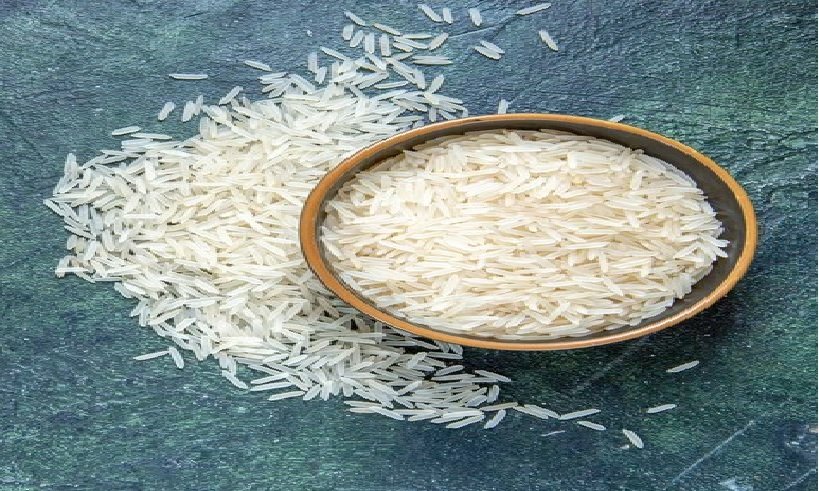Due to the impact of climate change, wheat and paddy production is expected to decrease by 10 percent.
10-Jan-2025 07:49 PM

The impact of climate change is posing a significant threat to agriculture and food security in India, with predictions of reduced wheat and paddy production by 6 to 10 percent.
Senior officials have highlighted several factors contributing to these expected losses, including changing weather patterns, warmer sea temperatures, and a decrease in the frequency and intensity of western disturbances, which are crucial for winter rainfall in northwestern regions.
India, a major producer of rice and wheat, relies heavily on these crops, which are staple foods for its population of 1.4 billion.
The Union Agriculture Ministry reported that domestic wheat production reached 1132.90 lakh tonnes in the 2023-24 season, contributing 14 percent to global output, while rice production exceeded 1370 lakh tonnes. Despite these successes, the agricultural sector faces growing challenges due to climate-related shifts.
One immediate consequence of warmer sea temperatures is the migration of fish and aquatic species to deeper, cooler waters, affecting the livelihoods of fishermen along the coast. This shift could disrupt the fishing industry, leading to potential income loss for those dependent on coastal ecosystems.
The Indian Meteorological Department (IMD) has also warned that the reduction in western disturbances could lead to drier conditions, especially in key wheat-producing states such as Rajasthan, Gujarat, Punjab, Haryana, Uttar Pradesh, and Madhya Pradesh.
This change could worsen the water crisis, particularly in areas where snowmelt is crucial for irrigation.
The reduced yield of wheat and rice could have a cascading effect on both farmers' incomes and national food security, which may lead to greater challenges for the government’s food distribution programs that currently provide free grains to over 80 crore people.
This complex web of factors underscores the urgent need for climate adaptation strategies in agriculture, including better water management, crop diversification, and more resilient farming practices.
